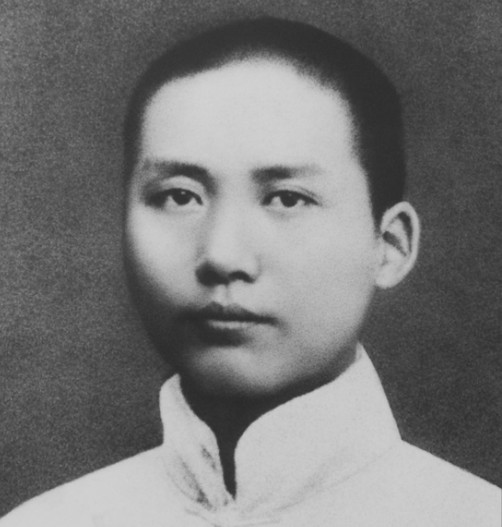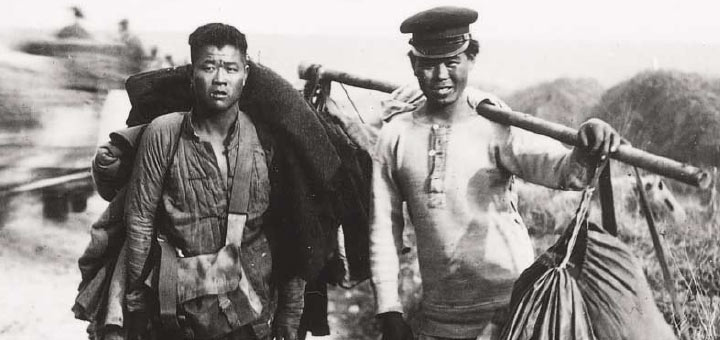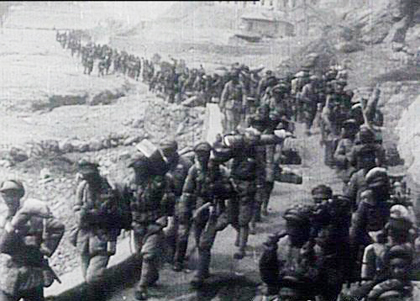Turn 7.6, Conservation of (the) Capital.
nachtingale
19. On that "honk, mimimi" type beat everyday.
- Location
- Malaysia
- Pronouns
- He/They
KMT Votes:




Legislative Votes:

***
[X] [QING] Refuse the Request, Keep the Emperor Detained.
[X] [ZHILI] Allow the Expansion to Move Forward.
[X] [BUREAUCRACY] Compromise.
[X] [IRA] Offer their integration.




Legislative Votes:

***
[X] [QING] Refuse the Request, Keep the Emperor Detained.
[X] [ZHILI] Allow the Expansion to Move Forward.
[X] [BUREAUCRACY] Compromise.
[X] [IRA] Offer their integration.
Unity in Action.

"The Revolution will stand united, or fall otherwise."
- Chairman Li's Final Remarks in a Public Address, May 1st, 1914.
A surprising agreement would be found between the ZRF and the KMT, with neither party seeking to truly antagonize the other. President Sun's personal involvement in the negotiations with Chairman Li would prove particularly fruitful, as beyond the mutual respect between both revolutionaries, neither Lanzhou nor Beijing were not so eager as to disrupt the unity between the political forces within the Republic, at least, not so soon after the devastating war with the Taiping.
On the whole, the KMT internal leadership would find themselves pressured heavily to compromise with the Zhili Republican Front as well, the rank-and-file willing to allow much autonomy to the Zhili provincial government, providing much exemptions to their way of government in exchange for much more positive relations between the province and the central government. Surprisingly, the IRA would accept the offer of direct integration into the NRA as well. Rumors further would persist of a potential fusion of the two parties, though for now, both enjoyed the good-feelings that were to be shared in the interim.
The young NRA officer and instructor, Jiang Jieshi, would, when pressed by KMT officials regarding his vocal support of the integration program, note that his support for the integration of the IRA was under the belief that, "China has no room for co-existence between the socialists and the KMT. We must admit the socialists into our ranks, and convert them, for the San Min Principles will serve as a good melting pot for such."
Of course, the older Tongmenghui revolutionaries would be very displeased with the compromises, even with the reasons given by internal KMT memorandums. Vice President Huang would be very public and vocal in his disagreement with President Sun, saying that, "My impression is that they (the ZRF) are insincere. When I told you, my Elder Brother, that one can trust Li [Dazhao] only 30 percent, I did so only because you, my Elder Brother, believed him so fervently that I dared not upset you completely."
The old Father of the Revolution would be quite insistent on his support for the detente with the ZRF, refusing to buck to the pressure of the old guard until finally they themselves relented, giving in to the rest of the party's demands and allowing the negotiations to be finalized.
[IRA begins integration into the NRA, Will Complete by the End of 1915.]
On the whole, the KMT internal leadership would find themselves pressured heavily to compromise with the Zhili Republican Front as well, the rank-and-file willing to allow much autonomy to the Zhili provincial government, providing much exemptions to their way of government in exchange for much more positive relations between the province and the central government. Surprisingly, the IRA would accept the offer of direct integration into the NRA as well. Rumors further would persist of a potential fusion of the two parties, though for now, both enjoyed the good-feelings that were to be shared in the interim.
The young NRA officer and instructor, Jiang Jieshi, would, when pressed by KMT officials regarding his vocal support of the integration program, note that his support for the integration of the IRA was under the belief that, "China has no room for co-existence between the socialists and the KMT. We must admit the socialists into our ranks, and convert them, for the San Min Principles will serve as a good melting pot for such."
Of course, the older Tongmenghui revolutionaries would be very displeased with the compromises, even with the reasons given by internal KMT memorandums. Vice President Huang would be very public and vocal in his disagreement with President Sun, saying that, "My impression is that they (the ZRF) are insincere. When I told you, my Elder Brother, that one can trust Li [Dazhao] only 30 percent, I did so only because you, my Elder Brother, believed him so fervently that I dared not upset you completely."
The old Father of the Revolution would be quite insistent on his support for the detente with the ZRF, refusing to buck to the pressure of the old guard until finally they themselves relented, giving in to the rest of the party's demands and allowing the negotiations to be finalized.
[IRA begins integration into the NRA, Will Complete by the End of 1915.]

The refusal of the extradition of the Qing Emperor would be met with disappointment from the Japanese diplomats, and with it, the continuation of the border conflicts between the Fengtian Provinces and the Republic. With the Tokyo government having no real avenues of pressure to place on the Northeastern Warlords, neither Zhang Zuolin nor Wu Peifu would be willing to sit at a table for any sort of resolution to the conflicts in the near-future, instead choosing to continue allowing the problem on the frontier fester further.
With the continued conflict, Republican forces will have to be reinforced consistently on the border to fend off against Fengtian attacks, a considerable strain on the NRA especially...
[???]
With the continued conflict, Republican forces will have to be reinforced consistently on the border to fend off against Fengtian attacks, a considerable strain on the NRA especially...
[???]
Capital Construction.


Left: Lanzhou Residents Sleeping in a Local Town Hall. Right: New Shantytowns Built on the Outskirts of Lanzhou.
The capital of the Republic has been much devastated by the events of the last year, with Taiping shelling having done considerable and widespread damage to the home of the central government and, subsequently, much of her functions as well. Much of the administration's offices have been damaged and destroyed, hampering the work of governing the Republic, with housing and industry suffering equally as well.
In the immediate short-term, those left homeless in the city have turned towards the construction of impromptu shacks in wherever space there was in the area, forming small clusters of new "shantytowns" to find shelter from nature. Public services have been much weakened from the destruction, with electricity spotty at best and water supply slow coming.
Much work is to be done to bring Lanzhou to a resemblance of its former glory. Though government resources remain still sparse, the revival of the capital must be the first priority of the Republic.
In the immediate short-term, those left homeless in the city have turned towards the construction of impromptu shacks in wherever space there was in the area, forming small clusters of new "shantytowns" to find shelter from nature. Public services have been much weakened from the destruction, with electricity spotty at best and water supply slow coming.
Much work is to be done to bring Lanzhou to a resemblance of its former glory. Though government resources remain still sparse, the revival of the capital must be the first priority of the Republic.
What is to be Done?
Pick ONE Only.| [] [RECONSTRUCTION] Short-Term Reconstruction. | [] [RECONSTRUCTION] Extensive Reconstruction. |
Reconstruction must happen, and it must happen now. Effort will be made to meet the immediate needs of the capital first and foremost, with concerns for the future to be placed in a secondary position. This will take far less time and require the fewest resources to accomplish in comparison to other options, satisfying the Lanzhou populace greatly in the meantime, though it may also result in a somewhat poor result. | Rome was not built in a day, and neither can Lanzhou be repaired in a fortnight. Reconstruction of the capital must be pushed forward and enacted through the entirety of the city, from the government sectors to the far edges of the Lanzhou Valley, all will be remolded in the vision of the Republic. This will, naturally, consume much time and resources for the enterprise, but may yield surprising results. |
Pick ONE to focus on during reconstruction.
| [] [FOCUS] Housing | [] [FOCUS] Industry | [] [FOCUS] Government Offices |
| This will providing the citizenry a place of a residence while reconstruction continues, as well as improving their opinion of our government. | This will allow for the regrowth of the industrial economy of Lanzhou quickly, allowing the central government access to more resources in the future. | This will help with the reconsolidation of the central government's bureaucracy, improving the speed and efficacy of our reforms both in the present and in the future. |
A/N: 48 hour moratorium.
Last edited:















